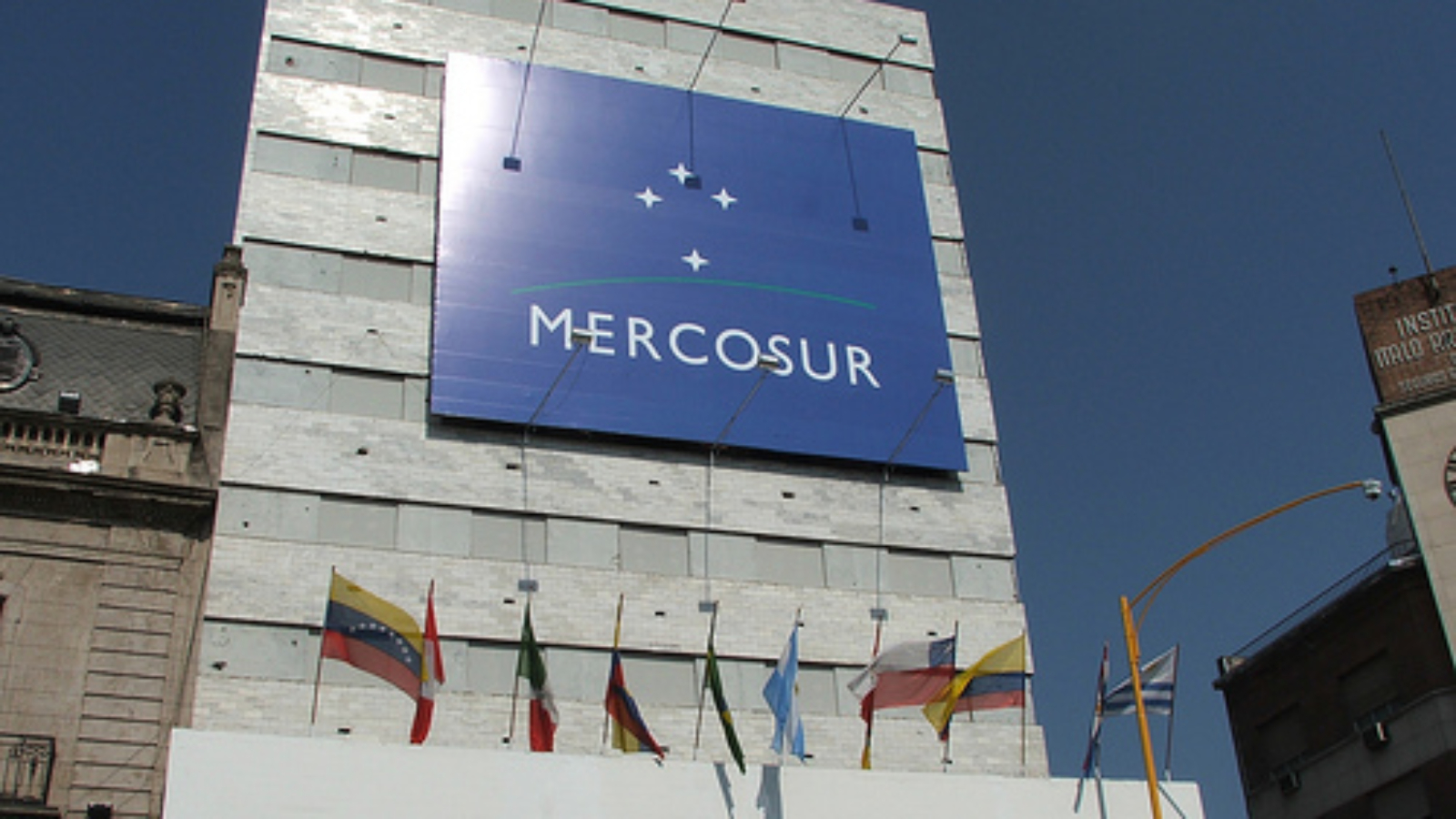The president of Paraguay, Fernando Lugo, has called for Venezuela to be incorporated into Mercosur.
President Lugo spoke before the Paraguayan congress urging the legislature, under opposition control, to accept Venezuela as a full member of the Mercosur regional trade agreement. Of the three other permanent members, only Paraguay has yet to ratify Venezuela’s application, on hold since 2006 mostly because of opposition to Hugo Chavez’s politics.
“Let’s think seriously in terms of the future in a more balanced integration,” said President Lugo during a meeting with his cabinet. “This will inevitably benefit both economically and commercially our country (Paraguay)"
Brazil has been pushing Paraguay to accept ever since the Brazilian legislature ratified Venezuela’s ascension last December. Brazilian diplomats explain that it is better to have Venezuela inside the treaty and somewhat under control than making deals outside, while both energy and trade within the bloc would benefit greatly from Venezuelan membership.
– Nestor Bailly
Politics in Guinea have long been notorious for their violence, but the country’s first free elections have been remarkably peaceful.
A former French colony in West Africa, Guinea gained independence in 1958. Since then, a succession of dictators who have come into power by military force or rigged elections, including Moussa Dadis Camara in 2008. It was under Camara, less than a year ago, that Guinea made international headlines when the nation’s military committed atrocities against protestors at a rally condemning Camara and advocating democracy. In the following months, an assassination attempt led Camara to relinquish his leadership. Sékouba Konaté, his Minister of Defense, took his place and began to prepare the nation for its first free presidential election.
With 4.2 million out of the country’s population of 10 million registered to vote and reportedly high turnout rates, the lines were long and spirits were high. Although an incident of election-related violence late in the campaign left six dead, elections director Pathe Dieng told AFP, “There were no reported incidents around polling stations or in the polling stations." International organizations have been full of praise, as well as some words of caution about maintaining the peace in coming months.
Results are expected later this week. However, there will likely be a runoff election in July unless a candidate managed to secure half of all of Sunday’s votes.
– Caroline Soussloff
The Kenyan government is saying it was pushed unfairly by the European Union, and other Western nations, to try Somali pirates. The Kenyans say they gave in to “pressure” and that the financial compensation they are receiving is not enough to cover the costs or risks associated with said trials.
"From a legal policy perspective, Kenya is being short-changed," Justice and Constitutional Affairs Minister Mutula Kilonzo said. The deal, which was overseen by the United Nations Security Council, gives Kenya $9.3 million in compensation—funds that are expected to go toward refurbishing the Shimo La Tewa Prison that holds the alleged pirates. Security experts told AllAfrica.com that the trial of the Somalis put Kenya at an increased risk of terrorist attacks.
In May, with Kenya in limbo about accepting the trials, EU Foreign Affairs official Catherine Ashton traveled to Nairobi to meet with President Kibaki and Prime Minister Raila Odinga. At that meeting, Kenyan Foreign Affairs Minister Moses Wetang'ula said his nation agreed to host the suspects and try them. The suspects in question are 11 Somalis who were captured in April by a French military ship.
– Seth Walder
